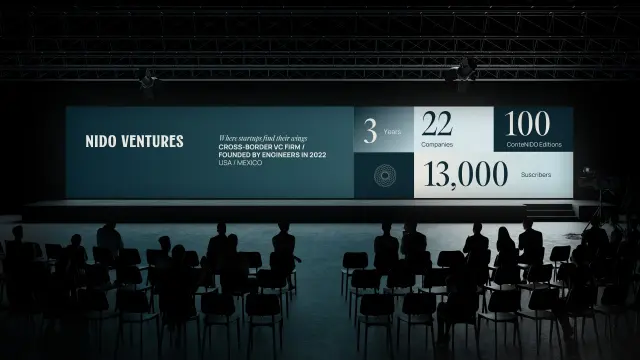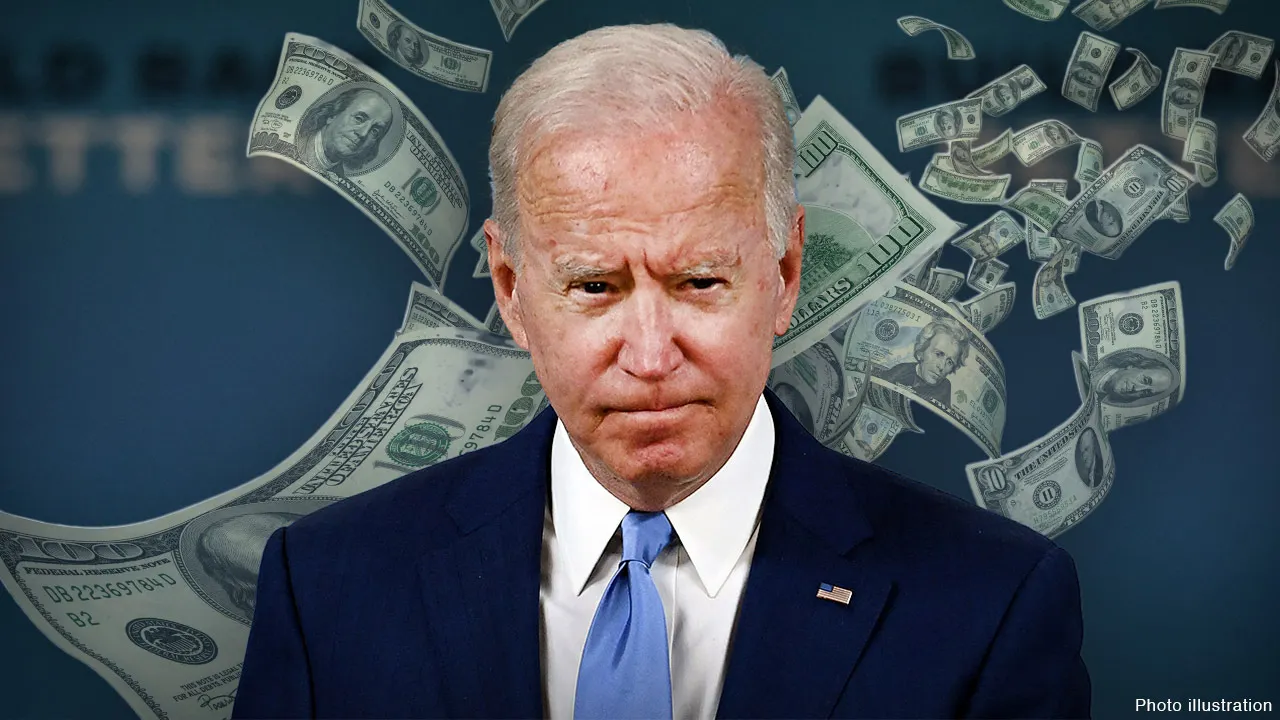The U.S. government’s new regulations to limit foreign investments in AI technologies could disrupt global markets, reshaping investment flows, innovation, and competition
The United States government’s proposed new regulations to curtail foreign investments in artificial intelligence (AI) technologies are set to have significant ripple effects across global markets. These regulatory changes, primarily driven by national security concerns, aim to limit foreign influence in the rapidly advancing AI sector. While these moves are designed to safeguard U.S. technological supremacy and security, they could also disrupt the global AI ecosystem, creating shifts in international investment patterns, technological development, and geopolitical dynamics.
1. Shifting Investment Dynamics in the Global AI Industry
Foreign investments have played a crucial role in the development of AI technologies, especially in the U.S., where many leading AI companies have relied on capital from international investors to fuel research, innovation, and scaling. With tighter restrictions on foreign capital, the flow of money into U.S.-based AI companies could slow, compelling investors to seek opportunities in other markets. This is likely to result in several shifts:
Alternative Investment Hubs
Countries with growing AI ecosystems, such as the European Union, India, and China, may see an influx of foreign investments as U.S. restrictions push investors elsewhere. Nations in Europe, particularly in countries like the UK and Germany, have been actively investing in AI development, and with U.S. policies becoming more restrictive, these regions may gain greater prominence as investment destinations.
Similarly, China, despite facing its own set of restrictions and sanctions, has seen rapid advancements in AI and could emerge as an alternative hub for both research and capital. Other markets in Asia, such as Japan and South Korea, may also benefit from redirected investments.
Impact on Global Startup Ecosystems
Global AI startups might also face challenges in attracting investment. Many startups, particularly in early-stage development, have relied on cross-border funding sources to develop cutting-edge technologies and expand operations. With U.S. restrictions, there may be an increase in the difficulty of securing venture capital, particularly for startups focusing on areas related to national security, data protection, and military applications.
This shift could lead to a fragmentation of the AI industry, with countries seeking to protect their own interests by focusing on domestic AI talent and technologies, which may limit the scope of international collaboration. As a result, markets that are traditionally not seen as major players in AI, like Eastern Europe or Southeast Asia, may find new opportunities for growth as global capital seeks new areas for investment.
2. Increased Global Competition for AI Leadership
The U.S. has long been the leader in AI innovation, but its potential step back from international collaboration may encourage greater competition for global AI leadership. As the U.S. tightens its control over AI investments, other countries will likely accelerate their own AI strategies to fill the void.
China’s Growing AI Power
China, already a formidable competitor in the AI race, stands to gain from the U.S.'s move to limit foreign investments. With its government heavily investing in AI research and development, and a focus on becoming a global AI leader by 2030, China could attract more funding from other international markets looking to diversify their AI investments away from the U.S. As a result, we may see a deepening of the "AI Cold War" between the U.S. and China, with both nations competing for dominance in the field through national policies, investments, and technological breakthroughs.
Europe’s Role in AI Governance
The European Union has been taking a more proactive approach to AI governance, focusing on ethical AI standards and regulations. As the U.S. takes a more protectionist stance, the EU could strengthen its position as a regulatory and ethical leader in the AI space. European companies might attract more capital as a result, and with strong data protection laws such as the GDPR (General Data Protection Regulation), the region could become a more attractive environment for international investors looking for regulatory stability and ethical AI development.
Regional Competitors: India and Southeast Asia
India and Southeast Asia are emerging markets for AI development, with countries like India focusing on AI in healthcare, agriculture, and education. With the shift in U.S. policy, these regions could see increased international investments from countries and firms seeking to tap into AI innovation outside of the U.S. India’s young, tech-savvy population and its growing tech ecosystem could become even more attractive to global AI investors. Southeast Asia, with its rapidly expanding digital economy, also offers a fertile ground for AI growth, especially in sectors like e-commerce, fintech, and digital infrastructure.
3. Impact on Innovation and AI Development
The global nature of AI research has been a key driver of its rapid advancement. Collaborative efforts between companies, universities, and governments from different parts of the world have allowed for the cross-pollination of ideas, resources, and expertise. With the U.S. adopting stricter policies on foreign investment, the following impacts could emerge:
Slower Pace of Innovation
Restricting international investment in U.S.-based AI companies could result in slower innovation due to a reduced flow of capital. AI technologies are complex and costly to develop, and many of the most successful AI innovations in the U.S. have benefited from significant foreign input. Limiting this source of funding could slow the pace at which new technologies are developed, particularly for smaller firms and startups that rely heavily on venture capital to scale their operations.
Reduced Collaboration and Knowledge Sharing
Collaboration across borders has been one of the defining features of the AI industry, where research and breakthroughs have been shared and implemented globally. The new U.S. regulations could reduce such cooperation, making it more difficult for researchers and businesses from different countries to work together on cutting-edge projects. This could lead to fragmented innovation, where countries focus on domestic projects at the expense of global progress.
4. Geopolitical and Regulatory Shifts
The proposed restrictions also carry significant geopolitical implications. Countries around the world will likely adjust their foreign investment policies in response to the U.S.’s moves, leading to new regulatory frameworks in the AI sector.
Increased Scrutiny of Foreign Investments in Technology
Countries may introduce their own policies to restrict foreign access to key technologies, not just AI. As national security concerns rise, there may be a global shift toward stricter regulations on foreign investments in sensitive industries such as quantum computing, biotechnology, and cybersecurity. This could lead to a new wave of protectionism in the tech industry, with governments focusing on securing their technological infrastructure.
Rise of Bilateral and Multilateral AI Agreements
As nations seek to protect their AI assets and ensure fair competition, we may see a rise in bilateral and multilateral agreements focused on AI development and regulation. These agreements could focus on ensuring data protection, ethical AI practices, and fair investment opportunities across borders. Countries like the U.S., China, and the EU could lead such efforts, but smaller nations with growing AI industries may also seek to shape the future of AI governance on the global stage.
5. Long-Term Consequences for Global Markets
In the long run, the U.S.'s tightening of foreign investment policies could lead to a more fragmented global AI market. The flow of capital, talent, and ideas may become more regionally concentrated, with countries and regions taking more isolationist approaches. While this may foster local innovation and self-sufficiency, it could also limit the broader exchange of knowledge and slow the global progress of AI development.
Furthermore, the growing rivalry between the U.S. and China in the AI space could escalate into a larger geopolitical competition, with AI playing a central role in economic, military, and political power dynamics.
Ultimately, the global markets will need to adapt to this new era of AI investment regulation. While the U.S. continues to assert its position as a leader in AI, other regions and nations may capitalize on the opportunity to rise in prominence, leading to a more diverse, competitive, and segmented AI ecosystem

















